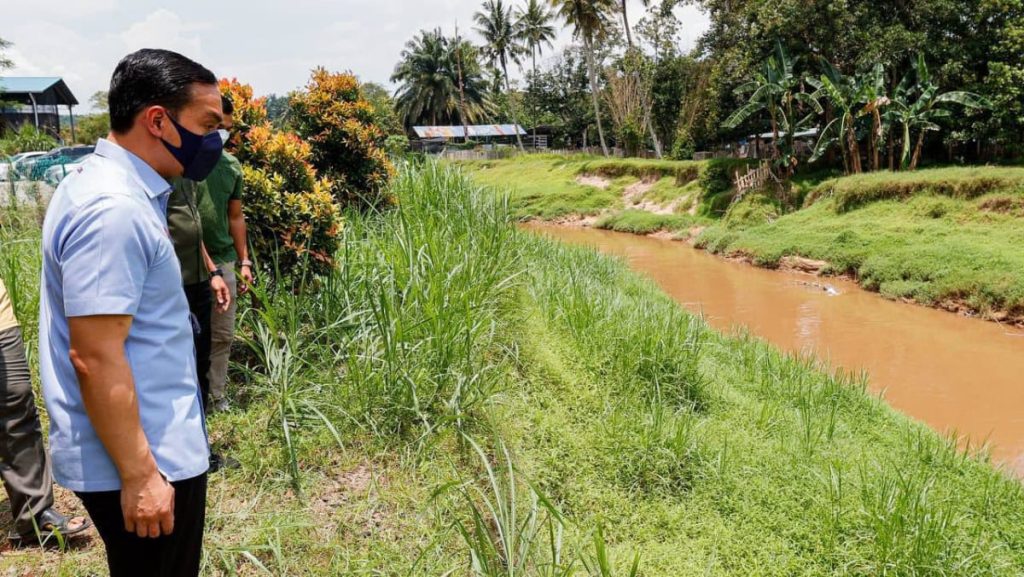Johor’s chief minister, Mr Onn Hafiz Ghazi, has promised strict action against those contributing to toxic chemical pollution in the state. He ordered the police to form a special task force to address the issue in response to complaints of a foul odour affecting various areas. Three schools were closed in Kempas as a precautionary measure to protect children from potential exposure to harmful fumes. An investigation by state departments revealed that chemicals in the river posed a risk to public health, prompting further action to be taken.
In early September, residents in Taman Daya, Taman Mount Austin, Taman Istimewa, and Kampung Melayu Pandan reported a strong odour causing dizziness and headaches. The local river was observed to have turned black, murky, and oily, with suspected chemical contamination. The Fire and Rescue Department received numerous calls and deployed a team to investigate the situation. Initial soil and water samples indicated the presence of chemical substances, although the specific type was yet to be confirmed. Ammonia gas levels exceeding normal thresholds were detected, further highlighting the severity of the pollution issue.
Unidentified packages were discovered dumped along the riverbanks, contributing to the contamination of the water source. However, with the intervention of authorities and clean-up efforts, the stench began to dissipate, allowing affected residents to resume their daily activities. Chemicals were also found along another tributary in the Desa Tropika Industrial Area, emphasizing the widespread nature of the pollution problem in Johor. The state government strongly condemned such illegal waste disposal practices and urged the public to report any information related to the pollution to the Environment Department.
On September 9, reports of a strong chemical odour surfaced in various locations in Johor, including local villages like Kampung Tawakal and Kampung Maju Jaya in Skudai. The odour caused residents to experience vomiting and other health issues, prompting swift action from authorities. Elected officials reached out to the affected communities and coordinated emergency aid efforts to address the situation. In light of past pollution incidents, both in Johor and neighboring Singapore, concerns over the long-term health of the Johor river were raised. Environmental authorities were urged to take stricter measures to prevent further pollution and protect public health.
Efforts to address the pollution issue in Johor have involved a multidisciplinary approach, with various government departments and agencies working together to identify the source of contamination and mitigate its impact on communities. Strong condemnation of illegal waste disposal practices underscored the importance of environmental protection and public health in the region. As incidents of chemical pollution continue to affect residents and disrupt daily life, authorities and elected officials remain committed to addressing the root causes and holding responsible parties accountable for their actions. The collaboration between different stakeholders and the public is crucial in ensuring the sustainability of natural resources and the well-being of communities in Johor.


